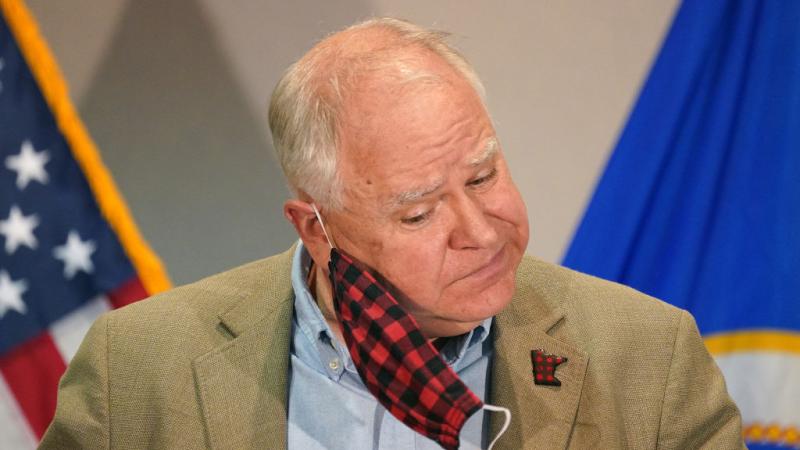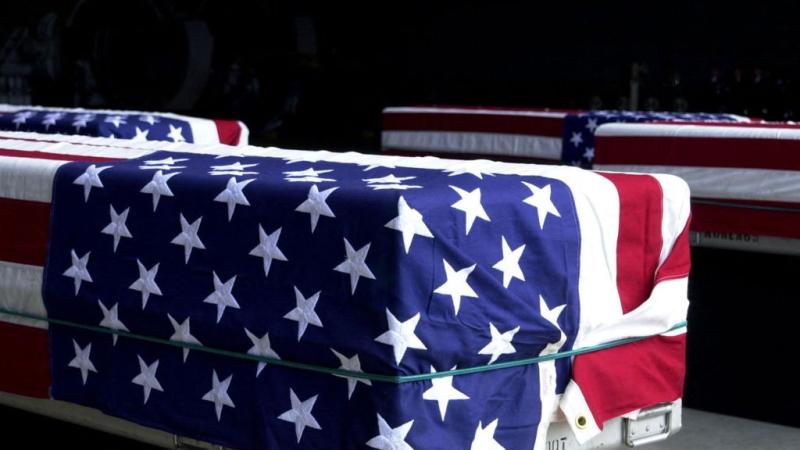CDC awarding $8 million for 'enhanced surveillance' of Americans recently diagnosed with HIV
Grantees are expected to "identify, locate and recruit all persons diagnosed in the past year with stage 0 or stage 3 infection" for "behavioral interviews" conducted by CDC-approved contractors.
This week's Golden Horseshoe is awarded to the Centers for Disease Control and Prevention for $8 million in grants it expects to issue for the "enhanced surveillance" of Americans who have been diagnosed with HIV in the past year.
The purpose of the surveillance is to "improve understanding of barriers and gaps in HIV prevention services that may lead to continued HIV transmission or delayed diagnosis of HIV," according to the CDC's funding opportunity announcement.
"This NOFO will support enhanced surveillance of people diagnosed with HIV during the earliest and latest stages of infection (i.e., stages 0 and 3, respectively) to understand recent experiences with HIV prevention and testing services," reads the notice, "as well as the system- and individual-level barriers that led to these failures in early diagnosis and prevention."
Recipients of the grant are expected to "identify, locate and recruit all persons diagnosed in the past year with stage 0 or stage 3 infection" so they can take part in "behavioral interviews" conducted by CDC-approved contractors.
As part of the surveillance program, grant recipients are also expected to collect data on the infected individuals.
"Data collected will be used to inform HIV prevention and testing activities to ultimately reduce new HIV infections and increase early diagnosis among those newly infected," according to the Notice Of Funding Opportunity.
State, county, city or township governments are eligible for the grants. State health departments are also eligible, according to the award synopsis, including seven health departments in Chicago, Houston, Los Angeles, Philadelphia, New York City, District of Columbia, and Puerto Rico, which already have their own independent HIV surveillance programs.
U.S. taxpayer funding for the enhanced surveillance "is needed to identify actionable missed opportunities for early diagnosis and prevention," the CDC claims in its 51-page background justification for the grants.
Recipients are to ensure they follow local protocols and receive appropriate approvals pertaining to surveillance in their jurisdiction.
"Obtain regulatory approvals to conduct the activities in this NOFO as required locally, including, but not limited to Institutional Review Board approval, approval to conduct activities under surveillance authority, and/or other approvals to conduct other activities as necessary," the CDC states. In addition, "recipients will also engage local community partners to ensure appropriateness of recruitment approaches and disseminate findings to the community."
The CDC expects to issue approximately 20 awards, depending on funding availability, in June 2022 and the surveillance activities will be conducted over a four-year period. Applications for the grants are due by December 17.















